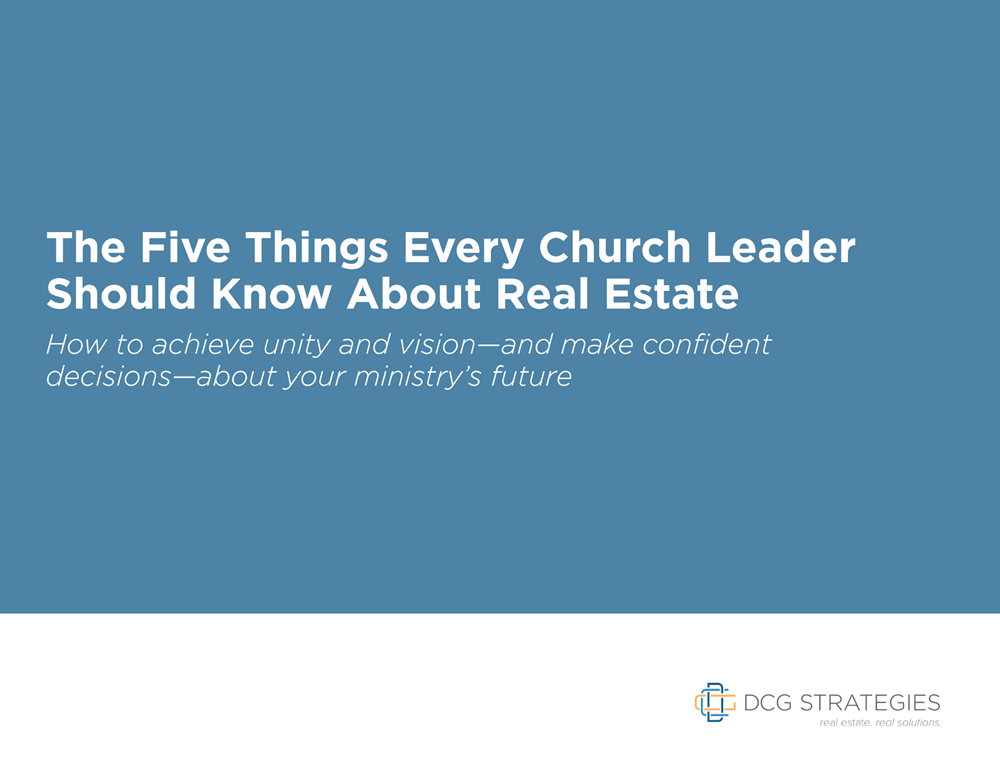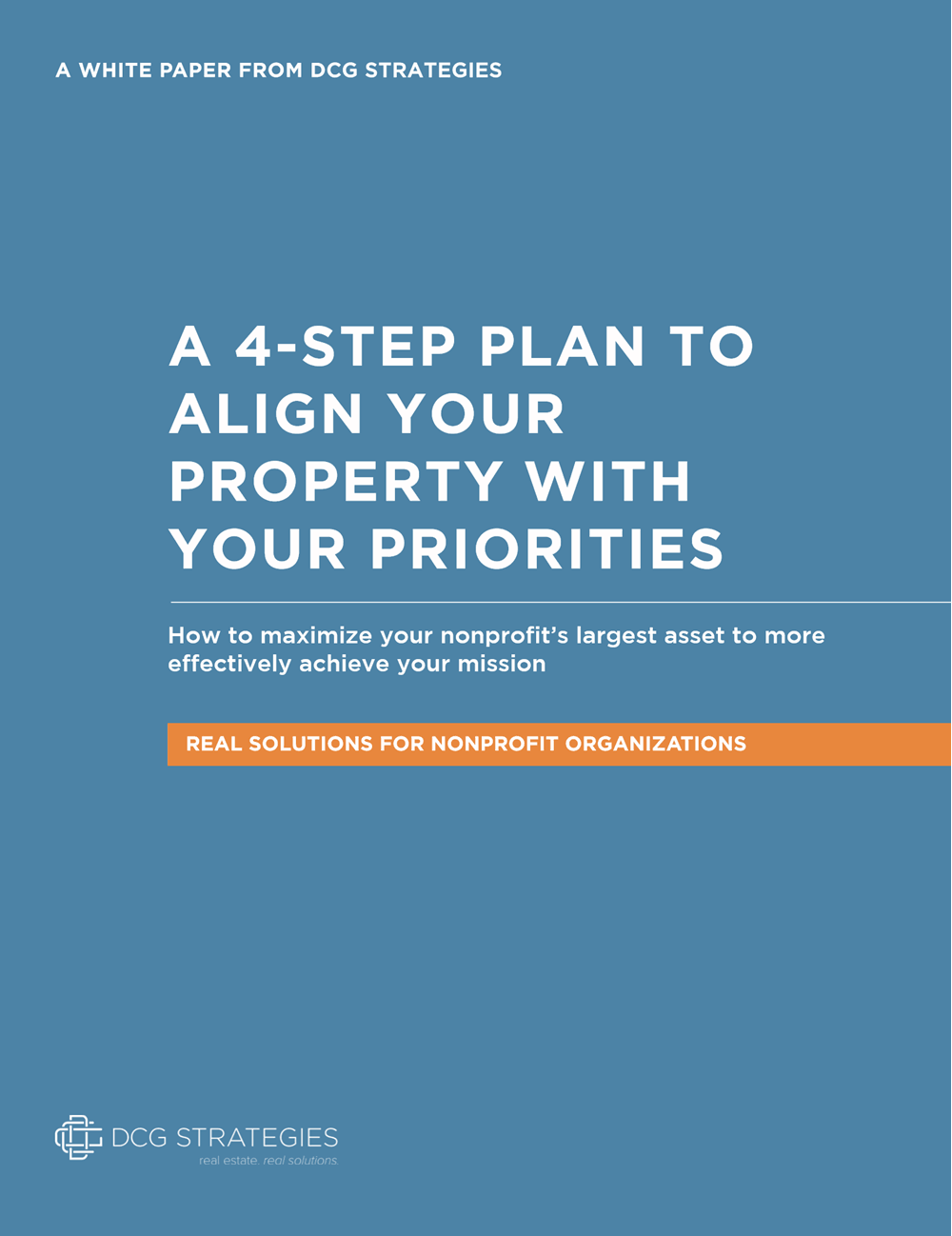While the improving times could give churches and nonprofits more opportunities, they also have more opportunities for mistakes.
Image source: Flickr CC user MarkMoz12
After weathering one of the nation’s harshest downturns, churches and nonprofits have some reasons to be optimistic about the current economic climate. The U.S. economy added another 295,000 jobs in February after averaging more than 250,000 per month for several months, according to the Department of Labor. That means more people should have money to support the missions of these organizations. For institutions looking to borrow, credit has been loosening and loans are more readily available. Financially strong nonprofits and churches may be able to speed up their building plans by taking out a loan, and interest rates remain at near historic lows.
With new-found options and prosperity, however, churches and nonprofits also have more opportunities to make mistakes in property deals. Over the past few months, we have discussed many of the potential pitfalls. These organizations can make mistakes in buying and building new properties, or they can make mistakes when they expand or intermingle their properties with other organizations. They can enter bad mergers or undertake ill-conceived business ventures that can cripple an otherwise financially stable institution, and even get them into legal or tax problems.
Mistakes Do Happen in Property Deals
Just a few of the stories that we have run across include:
- In the days of free and easy lending, the Metropolitan Baptist Church in Washington, D.C., overreached in its building goals, leaving a $30 million sanctuary unfinished. This institution that frequently drew visits from sitting presidents now meets in a former academy school, and membership is down 30 percent.
- In Bandon, Oregon, a youth center thought it could make a little money on the side and employ young people by opening a thrift store. The shop eked out a small profit for a few years, but in the end, the thrift store sucked out more revenue than it gave. The board had to go $60,000 in debt to keep it afloat and they ultimately closed the shop owing money.
- In Pennsylvania, the Light of the World Church congregation bought a $1.2 million building, planning to move out of its rented building and into a permanent home. It assumed that it wouldn’t have to pay taxes, but promptly got a tax bill for $55,000 and faced stiff penalties if it didn’t pay. The church may ultimately get tax-exempt status, but the town has to grant it first.
Mistakes Can Be Avoided in Property Deals
These are sad stories, but they’re also problems that these organizations probably could have avoided if they had done a little more homework and analysis. While it is impossible to bullet-proof any property deal, it is possible to minimize the likelihood of major disasters.
Some avoidable mistakes include:
Over-borrowing: As credit loosens, churches and nonprofits could be tempted to go deep into debt to speed up their building plans. But as the recent credit crisis has taught us, institutions can pay a high price for over-borrowing. Reuters reported that 270 churches were sold between 2010 and 2012 after defaulting on loans. Some churches are still struggling with poor financial decisions that were made in the lead-up to the credit crisis. As one financial adviser said in a published report, a church should spend less than 35 percent of its income on debt service, less than 35 percent on salaries, and keep 30 percent in cash available for the ministry. That’s a good rule of thumb for all institutions.
Not investigating liabilities: A nonprofit, school, or church may get an offer to take over a property or old building for next to nothing. It may seem too good to be true. It will be too good to be true if the organization later finds that they have taken over a huge environmental liability, such as underground storage tanks, asbestos, or lead-based paint. If an institution does not do an adequate environmental assessment, they may be legally obligated to clean up the problem. Another issue is mold. In this case, however, churches and nonprofits sometimes overpay to do expensive testing for the types of mold, when they can usually determine its presence by a simple visual inspection, and should instead be spending their time looking for the sources of the moisture. Thus, they can potentially be wasting thousands on unneeded tests.
Faulty business ventures: Churches and nonprofits sometimes have opportunities to make money outside of their normal income from grants, donations, and services. Often these organizations open thrift stores, lease out excess space, or allow cellular phone companies to install cell phone towers on their properties. While this can successfully raise extra money, these ventures can also cause problems when they aren’t thoroughly investigated. Several churches and nonprofits have closed their stores owing thousands of dollars. Likewise, nonprofits may partially lose their tax exempt status if they lease unused space. They can also limit their ability to renovate and expand their buildings if they negotiated an unfavorable lease with a cellular phone company.
Ill-conceived mergers: As some congregations have struggled to attract younger members, many churches have decided to merge their properties. This can be a good way to revive the fortunes of a struggling church. However, not all church mergers have been successful, particularly if the churches haven’t worked out in advance who will be calling the shots on future building plans. In California, for example, a South Bay church merged in 2008 with a dying church in Bellflower, whose attendance had dropped below 50. In this case, the congregations couldn’t get along and squabbled over practically everything. Within five years, they had split up, leaving bad feelings and unfinished plans.
Mistake Five: Didn’t Consult with a Real Estate Professional
These are some of the general mistakes in property deals that we have previously written about. There is one other. When a church or nonprofit attempts to do a complicated commercial property deal on their own, they’re making a mistake. Often churches and nonprofits will rely on their own members to handle commercial deals. However, in doing so, they run the risk of getting overly excited about the property and fail to see flaws clearly. They may be tempted to skip steps and ignore potential flaws that could cost them dearly after the deal is completed. A church should always consult with an experienced, supportive real estate consultant who knows all of the available options in an area.
If your church or nonprofit is considering buying property or a building, or entering into a merger or new business venture, you don’t have to go it alone. You can get a thorough analysis of the market with all the available options from a consultant whose community values align with your own. Contact DCG Real Estate today to learn more.





